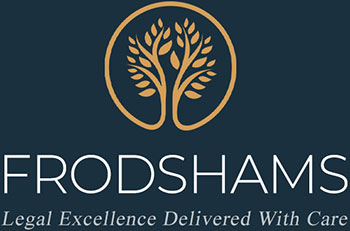What is a Life Interest Trust?
Trusts are often included in wills in order to protect certain assets or beneficiaries. Life interest property trusts/right to occupy trusts are becoming increasingly popular with couples and can be very effective in ringfencing assets to protect from scenarios which could occur after the first death.
Typically, these trusts allow couples to include their respective shares of their property (i.e. 50%) within a trust on the first death. When the first person dies, their share of the property wouldn’t pass to the survivor outright, it would instead pass into the trust. The survivor would have the right to live in the property rent free, for the rest of their life under the terms of the trust. On the death of the survivor, the share of the property in the trust would pass to the beneficiaries named under the will of the first person to die.
These trusts have several benefits including protection from care fees, ringfencing assets for children from previous relationships, protecting assets in case the surviving spouse re-marries/cohabits and preventing any negative consequences of the eventual beneficiaries’ death, bankruptcy or divorce.
Carly Madsen, a solicitor in our Private Client department says, “These trusts should be seriously considered for any couple who is looking to protect their property from care home fees after the first person’s death. The trust allows couples to ringfence their respective shares in the property which means that if the surviving spouse went into a care home, then the 50% share of the property in the trust would not be treated as their asset and should not be taken into consideration in any care fee assessments.”
If you would like to discuss these trusts in more detail, then please call the office on 01744 626 600 and ask to speak to a member of the Private Client team or email info@frodshams.co.uk or visit www.frodshams.co.uk
At Frodshams Solicitors, whatever your needs, you can rely upon us to provide legal excellence delivered with care.



